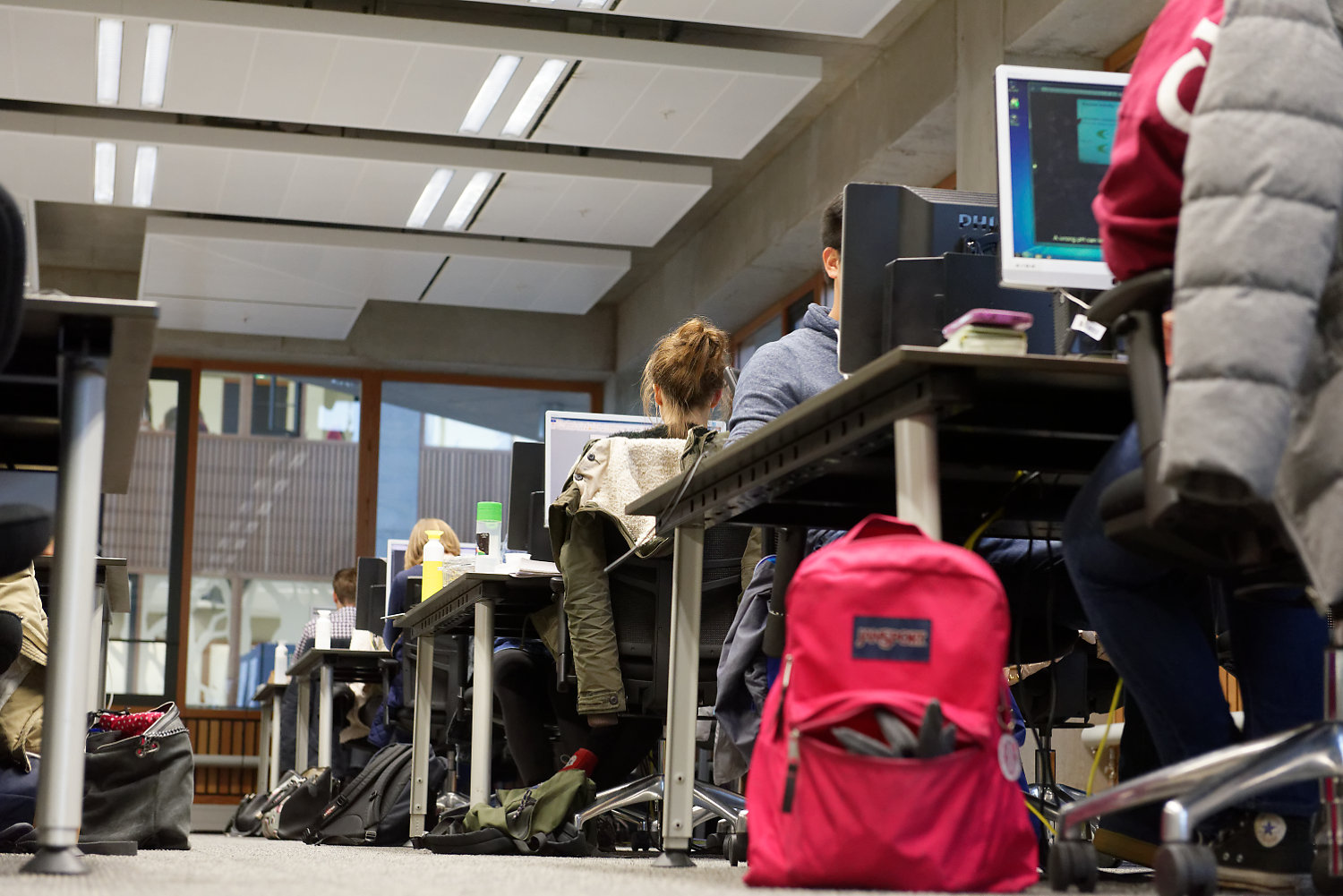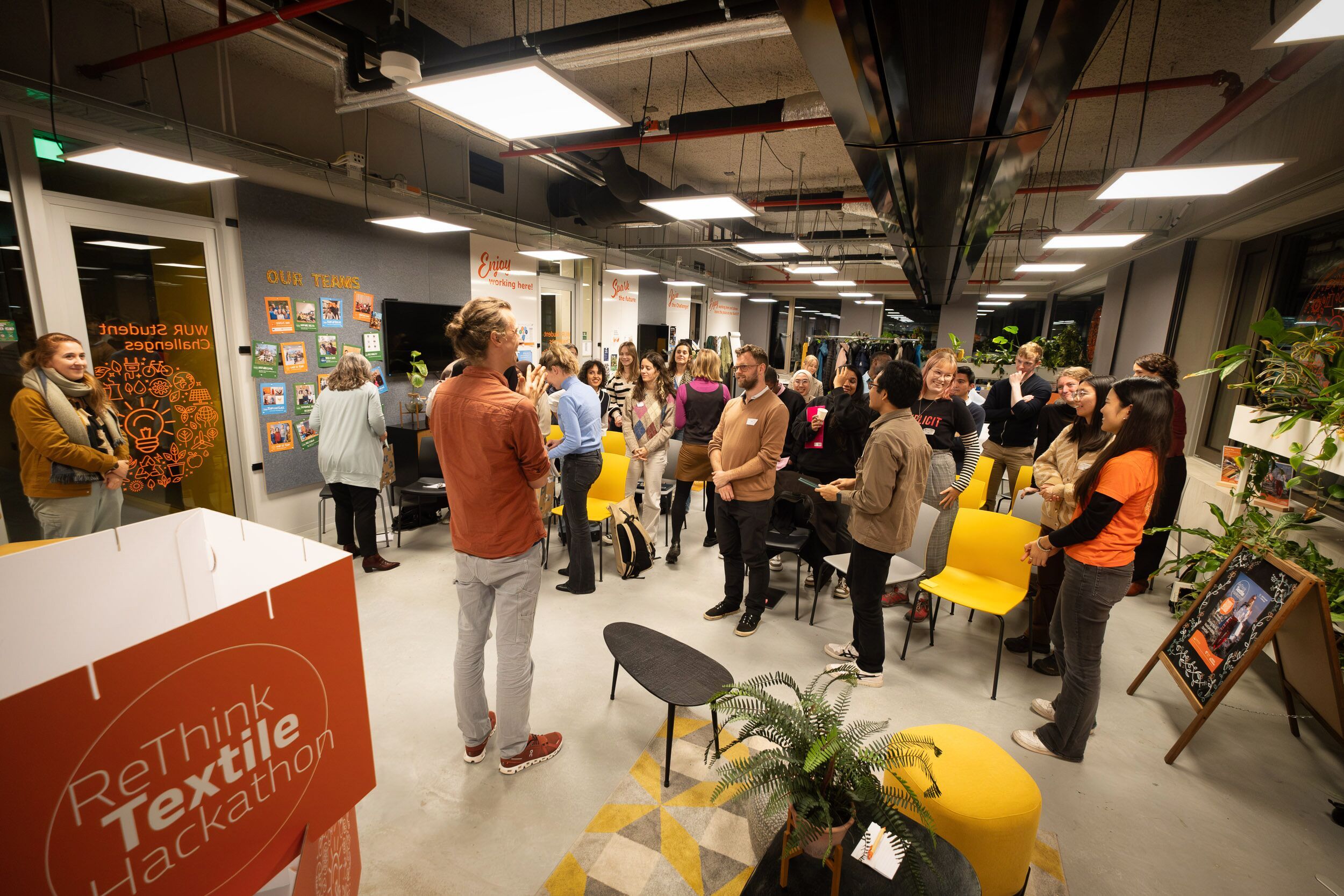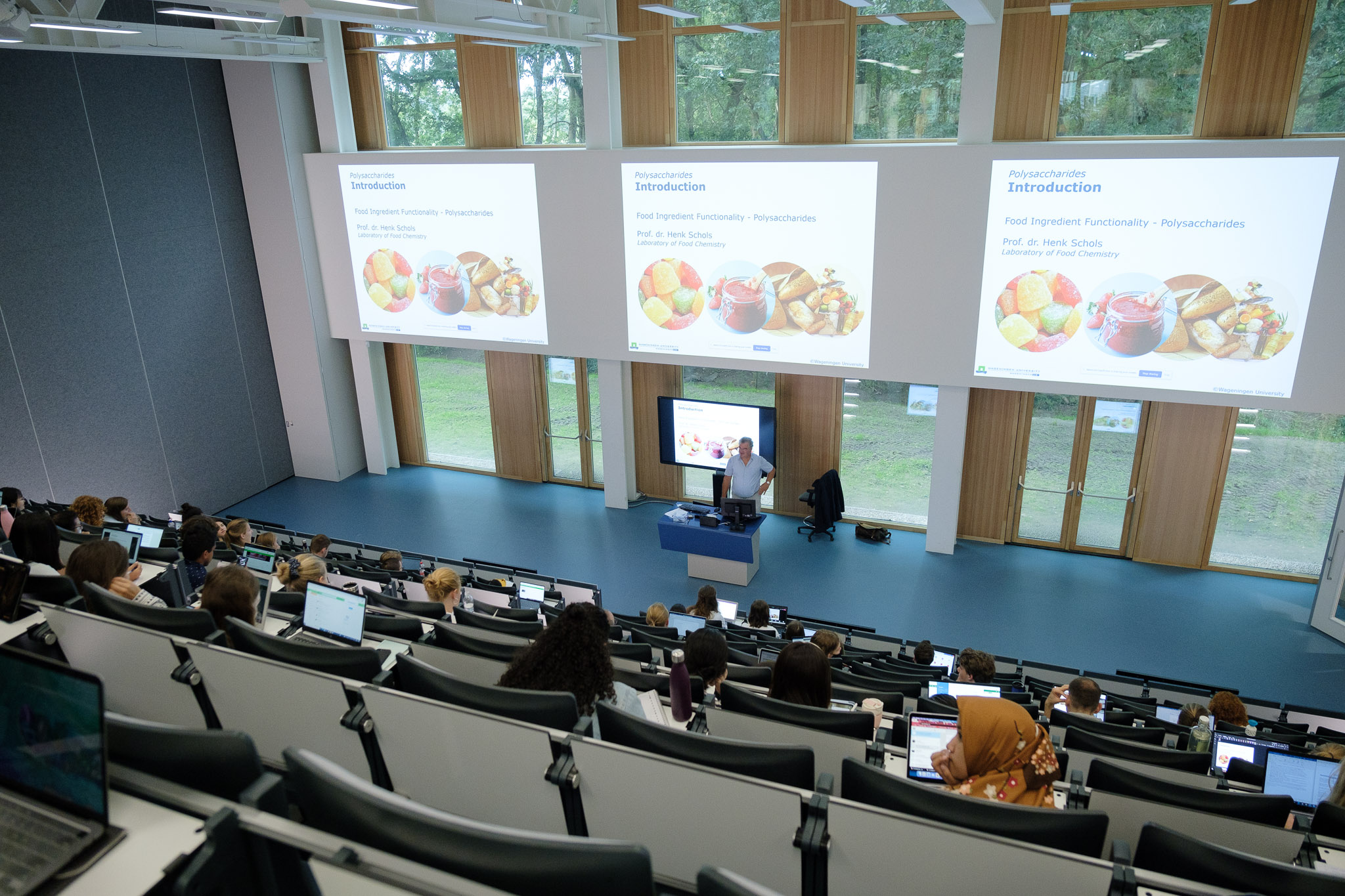Text Jana Roscam Abbing (studenteditor)
In the Academic Consultancy Training (ACT) course, Master’s students from different degree programmes work together as consultants for real-life clients. Every year, the best project group is given the ACT Award. This year, the prize was awarded to the students Zeta Zepou, Marianne Héritier, Maja Raemakers, Tessel de Vries, Isa Priem and Josje Schuttinga. They looked at how biodiversity could be increased on the country estate of De Lieskamp, not far from the campus.
‘We started by investigating the landscape itself,’ explains Josje Schuttinga (Resilient Farming and Food Systems student) as she strolls across the estate with two other students from her ACT group. ‘We looked at what species are found here and in what numbers, for example, and we measured the PH value of the soil. The owners of the estate are already making efforts to increase the biodiversity of the land. They don’t use pesticides and they try to keep out non-indigenous plants such as Japanese knotweed.’
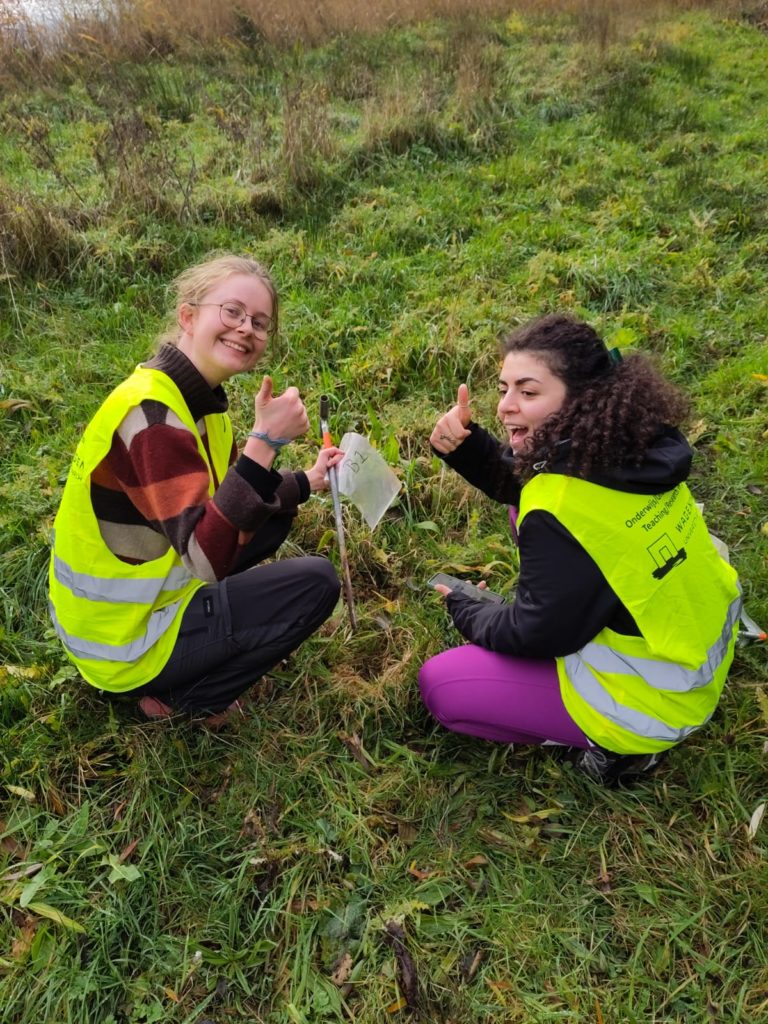
The students’ fieldwork showed that De Lieskamp consists of several landscape types, each of which needs to be managed differently, says Biology Master’s student Maja Raemakers. ‘Other factors also needed to be taken into account, such as the wishes of the estate’s neighbours. They wanted to know how they could save the collection of rhododendrons, which were no longer looking very healthy. They also wanted to keep the orchard, even though that was at the expense of the biodiversity.’
Flyer
After assessing the situation and the wishes, the students thought up 21 measures to increase biodiversity on the country estate. Key recommendations concerned mowing methods, the composition and characteristics of the land and plant species, and the addition of habitats for insects. To summarize their advice, the students created a flyer that clearly explains all the recommendations. ‘That makes our ideas available to everyone connected with De Lieskamp,’ says Zeta Zepou, a Forest and Nature Conservation Master’s student.
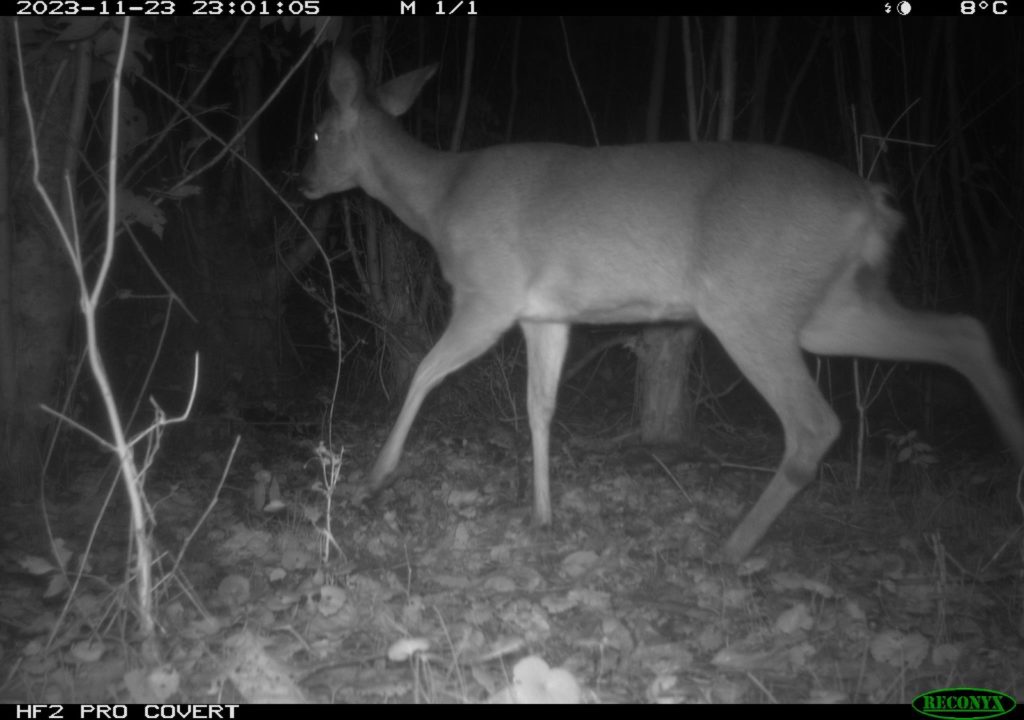
More generally applicable
Lian Grabijn, an ecology researcher at Wageningen Environmental Research and this ACT project’s supervisor, praises the project group’s work ethic. ‘The students carried out various forms of research: fieldwork (including placing camera traps), a literature study and interviews.’ The fact that the group’s advice can easily be applied in other nature areas thanks to the handy flyer was also a factor in the positive evaluation, says Grabijn. The students believe they won the ACT Award partly because their recommendations are practical and easy to implement. Zepou: ‘They are already sowing white clover with the help of the neighbours, and they will soon be assessing the soil.’

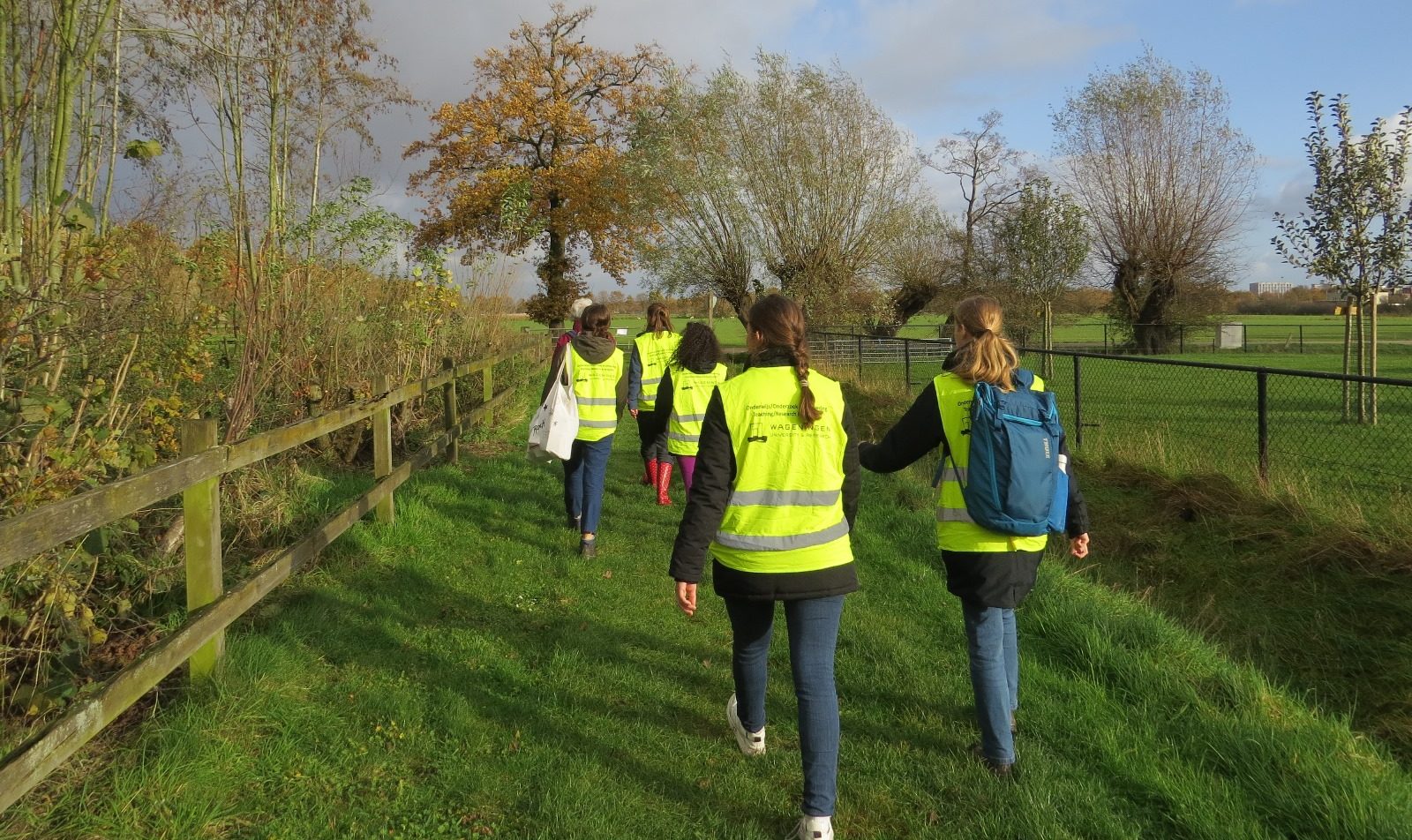 The students on the country estate. Photo Jana Roskam Abbing
The students on the country estate. Photo Jana Roskam Abbing 